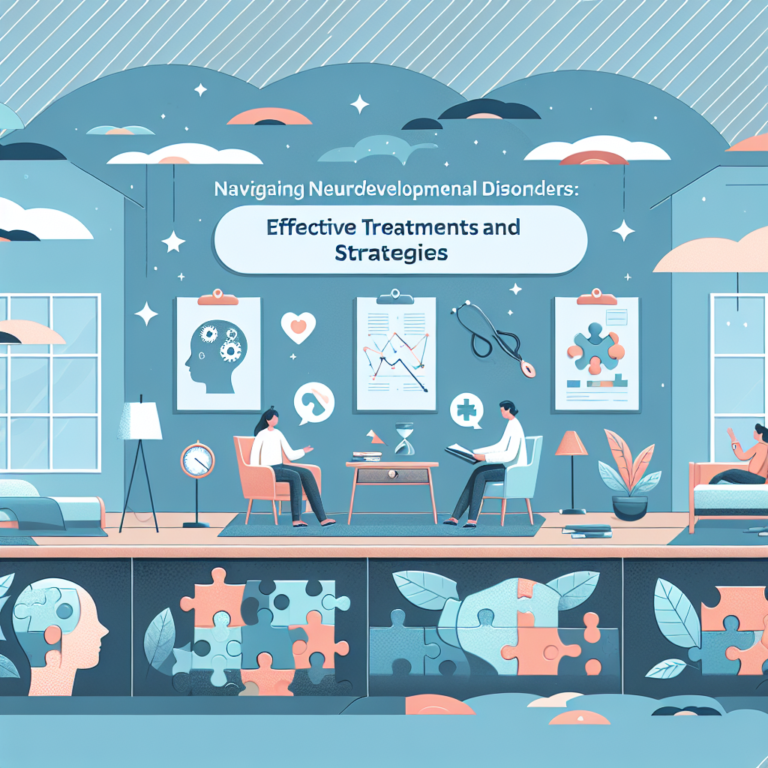The Placebo Effect: Unpacking the Science Behind Mind Over Matter
Introduction
Imagine walking into a doctor’s office, receiving a pill, and feeling instant relief, even though that pill is nothing more than a sugar tablet. This phenomenon, known as the placebo effect, illustrates the astonishing power of the mind. The Placebo Effect: Unpacking the Science Behind Mind Over Matter reveals that our thoughts and beliefs can significantly influence our health and responses to treatment. This article delves into the essential mechanisms underlying the placebo effect, its real-world applications, and what it all means for our understanding of medicine and healing.
Understanding the Placebo Effect
What is the Placebo Effect?
At its core, the placebo effect is a psychological phenomenon where a person experiences a perceived improvement in their condition after receiving a treatment with no therapeutic value. This effect is not merely "in the patient’s head"; it involves genuine biochemical changes in the body, which can lead to improved health outcomes.
Historical Context
The history of the placebo effect dates back centuries. Originally, healing rituals and herbal remedies were often administered without precise knowledge of their efficacy. In the 20th century, rigorous scientific studies began to emerge, revealing the complex interplay between mind and body in health outcomes, making The Placebo Effect: Unpacking the Science Behind Mind Over Matter a critical area of ongoing research.
The Science Behind the Placebo Effect
Biological Mechanisms
Understanding the biological underpinnings of the placebo effect is essential. When patients believe they are receiving real treatment, various neurobiological processes occur:
- Endorphin release: The brain may release endorphins, which serve as natural pain relievers.
- Dopamine: Positive expectations can lead to increased dopamine production, enhancing mood and motivation.
Table 1: Neurotransmitters Involved in Placebo Responses
| Neurotransmitter | Effect on the Body |
|---|---|
| Endorphins | Pain relief |
| Dopamine | Mood enhancement |
| Serotonin | Improved mood and emotional state |
Psychological Factors
Our beliefs and expectations play a pivotal role in the placebo effect. Here are some influential psychological aspects:
- Conditioning: Previous experiences with effective treatments can create an expectation of relief when taking a placebo.
- Social and Environmental Influences: The context of administration, including the physician-patient relationship, can heighten or diminish the placebo effect.
Case Studies Showcasing the Placebo Effect
Case Study 1: The Oxford Pain Study
A groundbreaking study at the University of Oxford found that patients receiving a placebo experienced a measurable reduction in pain levels. Participants believed they were receiving a powerful analgesic, resulting in significant endorphin release.
Analysis
This study highlights the importance of psychological context—participants’ expectations played a critical role in their pain relief, underscoring that the mind can indeed influence physiological changes.
Case Study 2: The Placebo Sleep Study
In this study, researchers informed participants that they would be waking up after a restorative sleep, regardless of their actual sleep duration. Those individuals reported feeling more awake and alert, demonstrating that belief in the restorative power of sleep led to significant improvements in self-perceived alertness.
Analysis
This case emphasizes that the mind’s expectations can significantly affect perceived states of well-being, showcasing The Placebo Effect: Unpacking the Science Behind Mind Over Matter in the realm of sleep health.
Case Study 3: Cancer Trials
In various cancer studies, patients receiving a placebo reported less nausea compared to those receiving no treatment at all. This phenomenon illustrates how belief in treatment can alleviate physical symptoms, even in life-threatening situations.
Analysis
When understanding The Placebo Effect: Unpacking the Science Behind Mind Over Matter, cancer patients’ experiences reveal that mindset can significantly alter quality of life during treatment.
The Role of the Healthcare Provider
The Importance of Communication
Physician-patient communication plays a crucial role in harnessing the placebo effect. A caring and empathetic approach from healthcare providers can enhance patients’ expectations and outcomes.
Enhancing Treatment Efficacy
By using the placebo effect strategically, healthcare providers can potentially complement traditional treatments. This practice can involve more than just giving a placebo; it may include framing treatment discussions in a way that amplifies patients’ beliefs in their healing processes.
Practical Applications of the Placebo Effect
Integrating Placebo Methods into Treatments
Healthcare systems can incorporate knowledge from The Placebo Effect: Unpacking the Science Behind Mind Over Matter by training professionals to enhance the therapeutic environment, such as:
- Cultivating a positive environment: Ensuring that the treatment space feels welcoming and reassuring.
- Optimizing language: Using positive and uplifting language to foster a healing mindset.
Conclusion
The placebo effect serves as a profound reminder of the intricate connection between mind and body. Understanding The Placebo Effect: Unpacking the Science Behind Mind Over Matter not only furthers our comprehension of human biology but also emphasizes the importance of belief and expectation in healthcare.
As you approach your next treatment or health challenge, consider the incredible potential of your own mindset. A positive outlook and a firm belief in your capability to heal can make a remarkable difference in your journey.
FAQs Section
1. What exactly is the placebo effect?
The placebo effect is when a person experiences a perceived improvement in their condition after receiving a treatment that has no therapeutic value.
2. How does belief influence physical health?
Belief activates neurobiological processes, such as the release of endorphins and neurotransmitters, which can lead to genuine improvements in health.
3. Can a placebo treatment work for any condition?
The placebo effect has been observed in various conditions, particularly those involving pain and subjective symptoms. However, its effectiveness may vary by individual and condition.
4. Are there ethical concerns surrounding the use of placebos in treatment?
Yes, ethical considerations arise primarily in terms of informed consent. Healthcare providers must balance the benefits and potential misinformation.
5. How can I harness the placebo effect in my life?
You can leverage positive thinking, set high expectations for health outcomes, and seek supportive environments or people that encourage a belief in healing.
By unpacking The Placebo Effect: Unpacking the Science Behind Mind Over Matter, we can empower ourselves, utilizing the remarkable connection between our minds and bodies to enhance our health and well-being.













